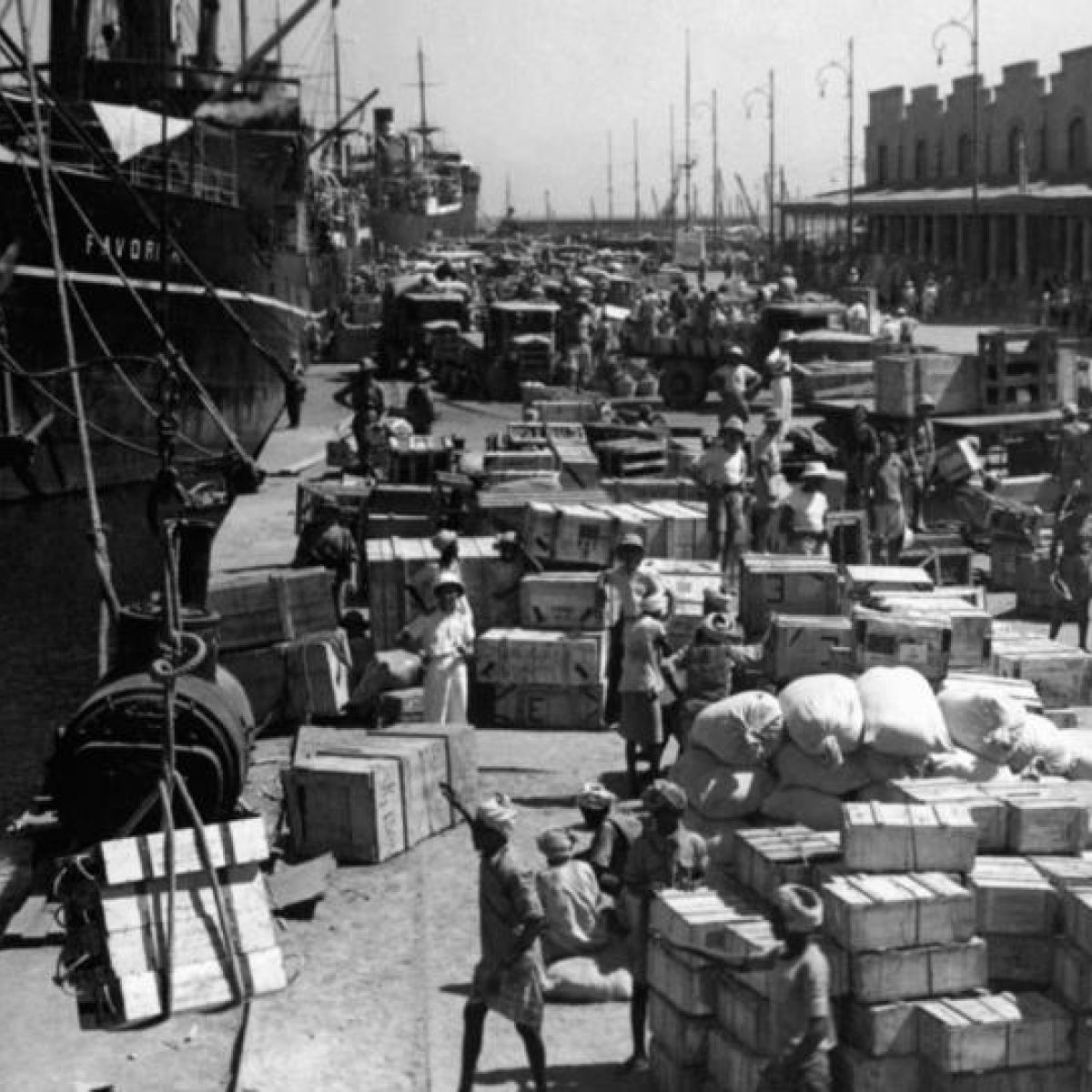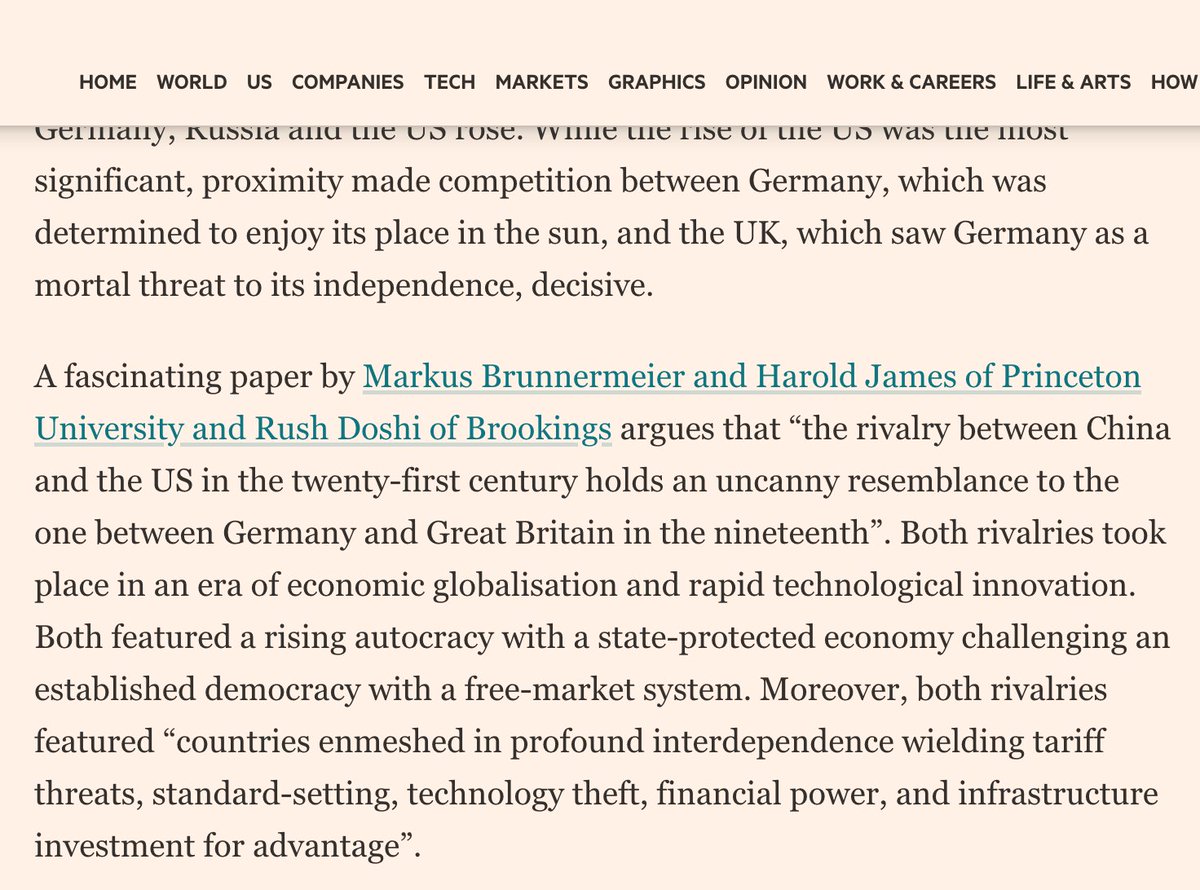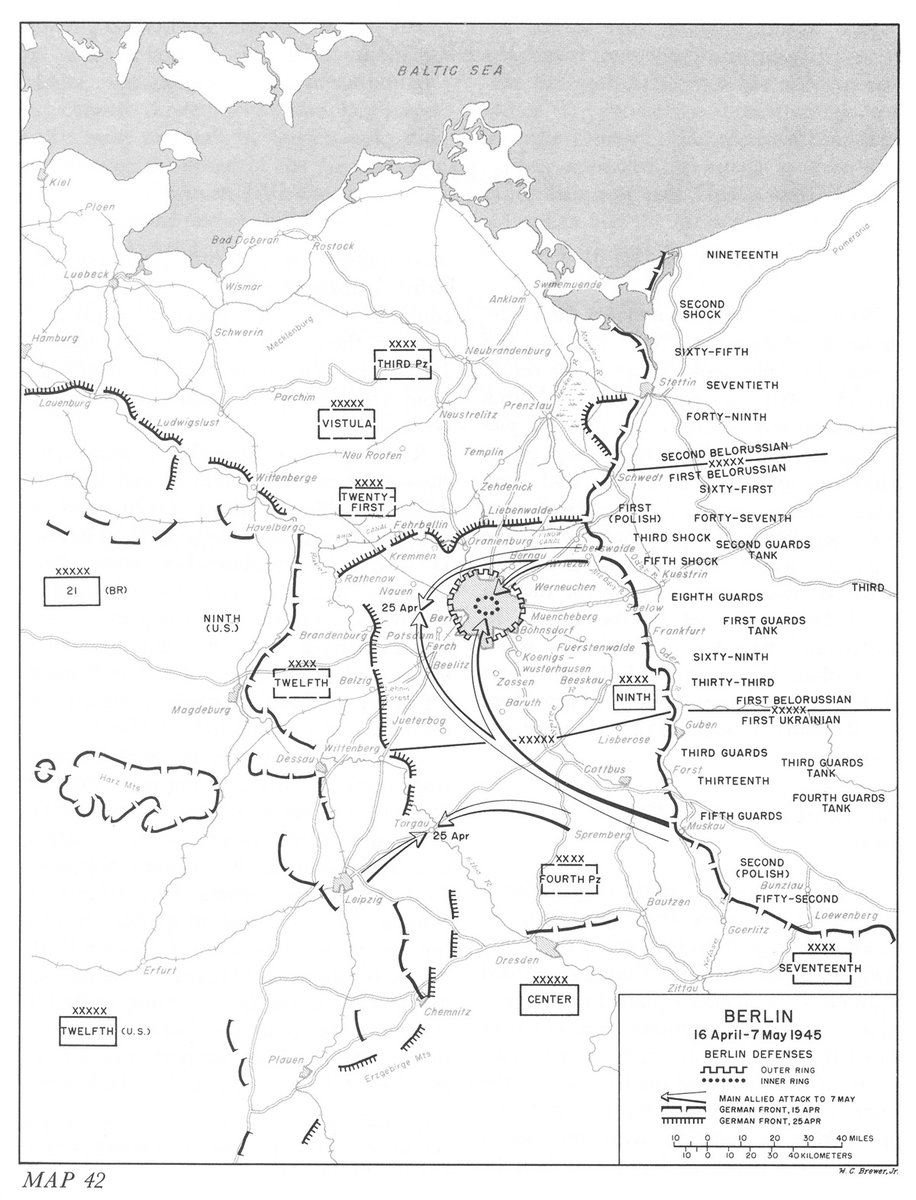
Political & economic history @Cornell. Author of “The Economic Weapon”. Europe, sanctions, geo-economics, Weltinnenpolitik. Writing a history of expropriation.
How to get URL link on X (Twitter) App

https://twitter.com/vonderburchard/status/1583444073356046337One senses a lot of frustration among Atlanticists about Germany's deep-rooted Handelsstaat inclinations, but unless industrial policy, mass investment & genuine redistributive policies are put in place, demanding Berlin commits to decoupling remains a call for economic suicide.

 This historical episode is worth revisiting is it saw sanctions that attempted to drain Italy's financial reserves before it could complete its war of conquest. The League's embargo on Italian exports was an early version of what many people today are calling for against Russia.
This historical episode is worth revisiting is it saw sanctions that attempted to drain Italy's financial reserves before it could complete its war of conquest. The League's embargo on Italian exports was an early version of what many people today are calling for against Russia. 

https://twitter.com/de_dijn/status/1354046968297910276Demets en Haemers geven een waardevolle aanvulling op Van Loo's voortreffelijke boek. Er lopen echter twee vragen door elkaar: een methodologisch debat over heersers en onderdanen (het voeren waard) en een debat over toegankelijkheid van stijl (een kwestie van publiek & smaak).


https://twitter.com/njtmulder/status/12826906094053990401. Pensioenen helpen om ons leven na werken van een inkomen te voorzien, maar ze zijn geen volwaardig 'bezit' op de manier waarop individueel spaargeld, huizen en vastgoed, financiële effecten, kunst, erfenissen en andere vormen van activa en kapitaal dat zijn.


 This is wrong since Dutch pensions are PAYGO claims, so they're 1) effectively a post-retirement extension of *income* and 2) not disposable wealth since they can't be paid out at once nor used as collateral for borrowing. They're effectively financialized mass income support.
This is wrong since Dutch pensions are PAYGO claims, so they're 1) effectively a post-retirement extension of *income* and 2) not disposable wealth since they can't be paid out at once nor used as collateral for borrowing. They're effectively financialized mass income support.
https://twitter.com/DexterFergie/status/1281215721863671808Naylor's "Wages of Crime" is a useful overview from the IPE angle (also in deflating some of the sensationalist aspects of media discourse about organized crime): mqup.ca/wages-of-crime…

https://twitter.com/dfedman/status/1277842131189563392The map colors & phrase "black plague of the 20th century" came from Carl Ackerman, Columbia Journalism School's dean. In 1919 Ackerman had been the first to publish parts of the Protocols of the Elders of Zion in English, but after replacing references to Jews with Bolsheviks.2/





 Imperial Germany was an autocratic state governing an increasingly liberal-bourgeois economy & civil society, riven by distributional conflict. Not only did it lack the state-economy unity of today's CCP, it actually became *less* protectionist in the 1900s and 1910s. 2/
Imperial Germany was an autocratic state governing an increasingly liberal-bourgeois economy & civil society, riven by distributional conflict. Not only did it lack the state-economy unity of today's CCP, it actually became *less* protectionist in the 1900s and 1910s. 2/



 First the density: 9,000 field guns and rocket launchers on an 30km/18.5 mile front, or one gun every 3 meters/10 feet. On the entire 250 kilometer-front from Szczecin/Stettin to the Czech border, 41,600 pieces were assembled–one gun for every 6 meters/20 feet of frontline. 2/4
First the density: 9,000 field guns and rocket launchers on an 30km/18.5 mile front, or one gun every 3 meters/10 feet. On the entire 250 kilometer-front from Szczecin/Stettin to the Czech border, 41,600 pieces were assembled–one gun for every 6 meters/20 feet of frontline. 2/4 
https://twitter.com/Mij_Europe/status/1248233691463196672I wonder if the success of the Monti-Draghi-Rajoy-Obama group in pushing the northerners into a compromise then can explain some of agony of the process this time; what NL and Germany didn't learn was the need to quickly & autonomously forge a solution without US tipping power.
https://twitter.com/VMRConstancio/status/1243989537157722113The Baltic states are beginning to see the first cases of covid-19 and clearly do not want a repeat of the enormous GDP shock they suffered in 2008. Estonia has issued short-term bonds but is reportedly finding it difficult to issue long-term debt: bit.ly/2vUSNv6
https://twitter.com/70sBachchan/status/1238099532447133696Major ventilator makers are US ResMed Inc. (in shut-down California), German Draegerwerk AG and Swiss Hamilton Medical (busy in Europe; Hamilton says 6k increase most possible this year). Dutch Philips and Swedish Getinge can make some but this leaves gap: reut.rs/2QEofF3

https://twitter.com/DanielDenvir/status/1241737881380630531It should be said that this is extremely difficult empirical terrain to navigate in causal terms. 1918-19 sees 1) deaths from outright starvation 2) influenza deaths, some but not all among already severely malnourished & 3) unattributed excess mortality above pre-war patterns.